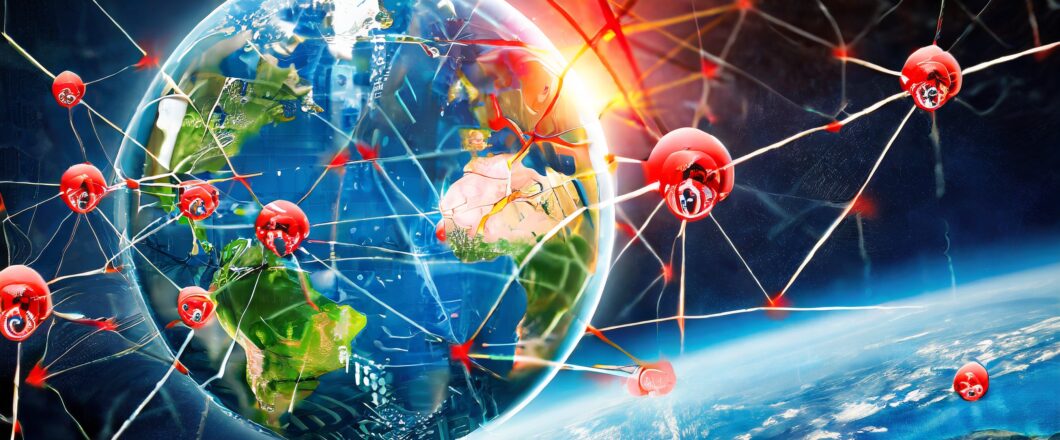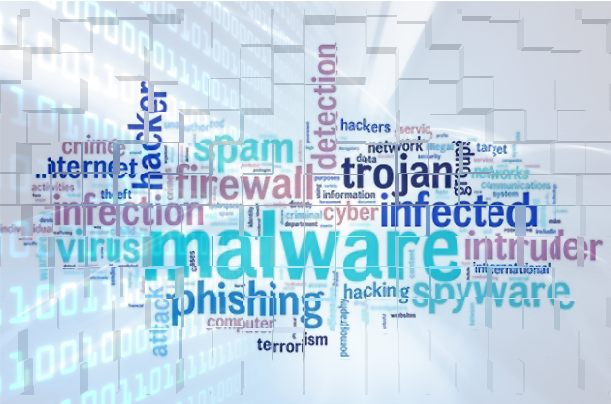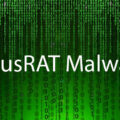A wide range of different organizations – based in sectors such as education, government, non-profit, and telecommunications – have fallen victim to Agent Raccoon. And these organizations aren’t based purely in the US, with attacks also discovered in African and the Middle East. Clearly, Agent Raccoon is an ambitious piece of malware and, given the nation-state approach of the attack, it’s one to be on your guard against.
How Does Agent Raccoon Work?
Although the exact identity of the threat actors behind Agent Raccoon remains unknown, security researchers have been able to detail how the malware works. Disguised as either a Microsoft OneDrive Update or Google Update, Agent Raccoon tricks unwitting victims into downloading an executing it. Once initiated, Agent Raccoon launches its backdoor attack. Using Domain Name Service protocols, Agent Raccoon can communicate directly with the command-and-control server set up by its creators.
Primarily, Agent Raccoon focuses its malicious attention on three main areas:
- Opening up remote access to the infected PC
- Incoming and outgoing file transfers
- Remote command execution
However, Agent Raccoon’s activities do not appear to be set in stone. Researchers have discovered numerous variants of Agent Raccoon, suggesting that the threat actors are regularly updating it.
Can Agent Raccoon Be Stopped?
Agent Raccoon isn’t the most persistent piece of malware to have been developed, but it remains a major problem for those that it infects. As ever, maintaining strict security practices is vital for protecting your IT infrastructure. Accordingly, you need to make sure that all members of your organization are fully versed in the following:
- Question all emails and links: even if an email appears to have been sent by a trusted source, this can easily be faked. Therefore, all incoming emails should be scrutinized closely. This means hovering your mouse cursor over any links to reveal their true destination, double checking email addresses to confirm they are correct and not a close variation, and contacting the sender of emails to double check they are genuine.
- Only accept updates from genuine sources: software updates are an important aspect of PC security but should only even be downloaded directly from the developer. Online adverts and emails suggesting that you download these from alternative sources should never be trusted. Often, the files at the heart of these downloads are nothing but malware. So, stick to legitimate downloads and rest assured that they will be safe.
- Monitor network traffic: Agent Raccoon communicates with a remote server and also transmits significant amounts of data. This means that you should be monitoring your network activity for any unusual traffic. If, for example, an unknown destination regularly starts connecting with your network, it could be a sign that your network has been compromised. In these situations, connections to this destination should be terminated and fully investigated.
For more ways to secure and optimize your business technology, contact your local IT professionals









